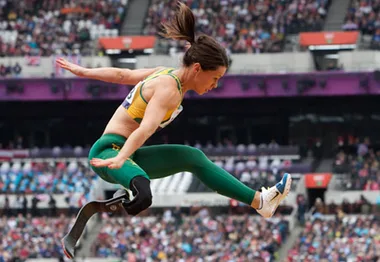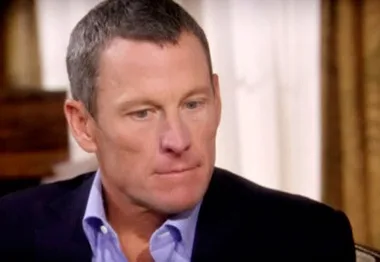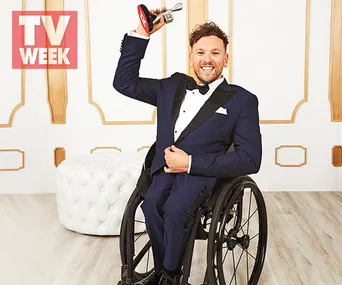The moment Resie Alcott saw her son Zack fly past the kitchen window on a skateboard, she knew it was only a matter of time before his younger brother Dylan would follow.
“Whatever Zack did, Dylan wanted to do too,” she smiles, “and we treated them exactly the same so when Dylan decided he wanted to go skateboarding with his brother, we found a way to do it.”
Modified skateboards for disabled kids weren’t readily available in the 1990s, but as they’d done many times before, when a hurdle was placed in front of Resie and Martin Alcott, they simply jumped higher to overcome it.
“We always found a way for Dylan to do what he wanted to do,” she says.
“We made our own skateboard – we bought a long board and put wheels on it – it worked beautifully and Dylan loved it,” even if she was a nervous wreck every time he took off down the street of the family’s bayside Melbourne home.
“Can you imagine me on a skateboard on my stomach flying down the street?” Dylan laughs.
“Cars can’t see me, I’m a big chance of being run over, it was so dangerous … but I thought I was invincible. Now that I’m older I can see how difficult it would’ve been for Mum and Dad to let me do that. They must’ve been terrified, but I’m so grateful they did.”
Resie and Martin Alcott certainly weren’t reckless parents, nor were they risk takers by any stretch – quite the opposite.
They were in fact showing their disabled son that anything is possible, and it’s that very spirit which has driven him to become Australia’s most fearless and inspirational athlete.
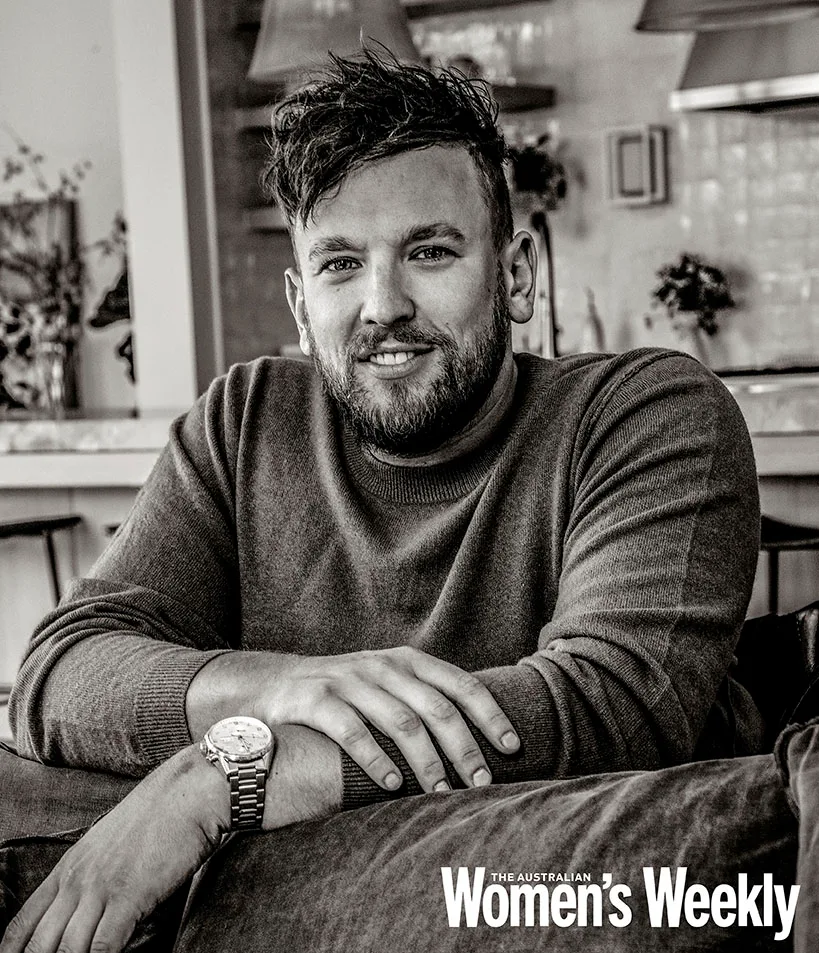
Dylan has won gold and silver medals at three Paralympic Games, in both basketball and tennis.
(Credit: Photography by Julian Kingma. Styling by Rebecca Rac.)He has won nine Grand Slam tennis titles, including five Australian Open titles, and this year he spectacularly claimed Wimbledon and French Open crowns.
It’s been a stellar year for the much-loved athlete who has also added a Logie for Most Popular New Talent to his trophy cabinet, and found love with high-profile sex therapist Chantelle Otten.
“I love life. I have a beautiful family and a beautiful partner and it’s very rare that I don’t wake up happy. I am who I am today totally because of my parents,” he says.
“They recognised my disability, but they saw me as a person first and that’s how I was treated, they trusted I’d make the right choices and be okay. Their attitude was not ‘no you can’t do that’, it was ‘how can we find a way?’ I don’t take for granted for one minute how lucky I am to have them.”
Recognising a hero
While Dylan is of course the centre of attention as he discusses his book, Able, and an arm’s length list of projects and campaigns he has on the go helping others with disability, it is Resie who’s the real star of the show today.
As our cameras are ready to roll, the Paralympic gold medallist cheekily messes her freshly blow-waved hair before planting
a huge kiss on her forehead. “Love ya, Mumma,” he says.
These two have a special bond, forged over years of walking an unfamiliar, and at times terrifying life path together, and the sporting superstar credits her with teaching him how to break life’s rules and rewrite them however he wished, with spectacular success.
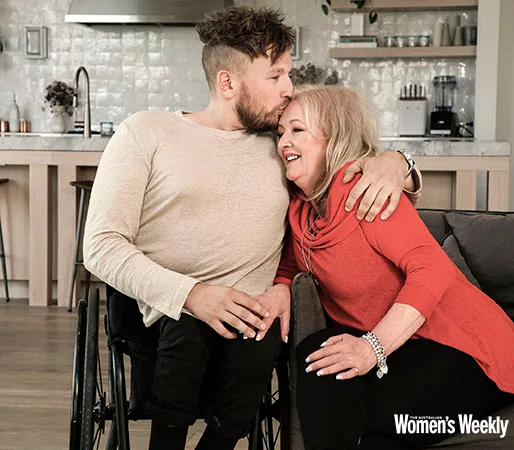
“I’m now 29, the same age Mum was when she had me,” Dylan says.
“She had a three-year-old and a disabled baby to deal with – that blows me away. I’m playing tennis, travelling the world and having a great time with no responsibility, I can’t imagine what it was like for her and Dad. I look at Mum with a sense of awe, I really do, particularly the way she raised me.
“I remember when I was about 10 years old, asking Mum if I could catch the train to and from school with my mates. At first she said, ‘No way!’ But I argued with her that every other kid was going on the train and if I didn’t, I’d miss out on making friends.
“She reconsidered and let me do it. I totally understand now that she was probably at home having a nervous breakdown, but that’s how I developed independence and confidence.”
A tough start
On December 4, 1990, Dylan Alcott arrived two weeks overdue and with a fist sized lump on his back.
Initially, doctors told the family not to worry, believing it was just a lump of fat, but two days after his birth they received the devastating news that the lump was actually a tumour which was strangling the little baby’s spinal cord. Despite major surgery which removed the tumour successfully, it left Dylan paraplegic.
“It was very frightening,” Resie says. “That lump could’ve been anywhere, on an arm or leg, and it wouldn’t have had a major impact, but it was on his back and grew into his spinal cord. Unfortunately his spine hadn’t formed around that part where the tumour was.”
It turned the young Alcott family’s world upside down, but Resie says that from day one they just got on with life. There was no time for sadness, and not a minute was wasted on feeling sorry for themselves or Dylan.
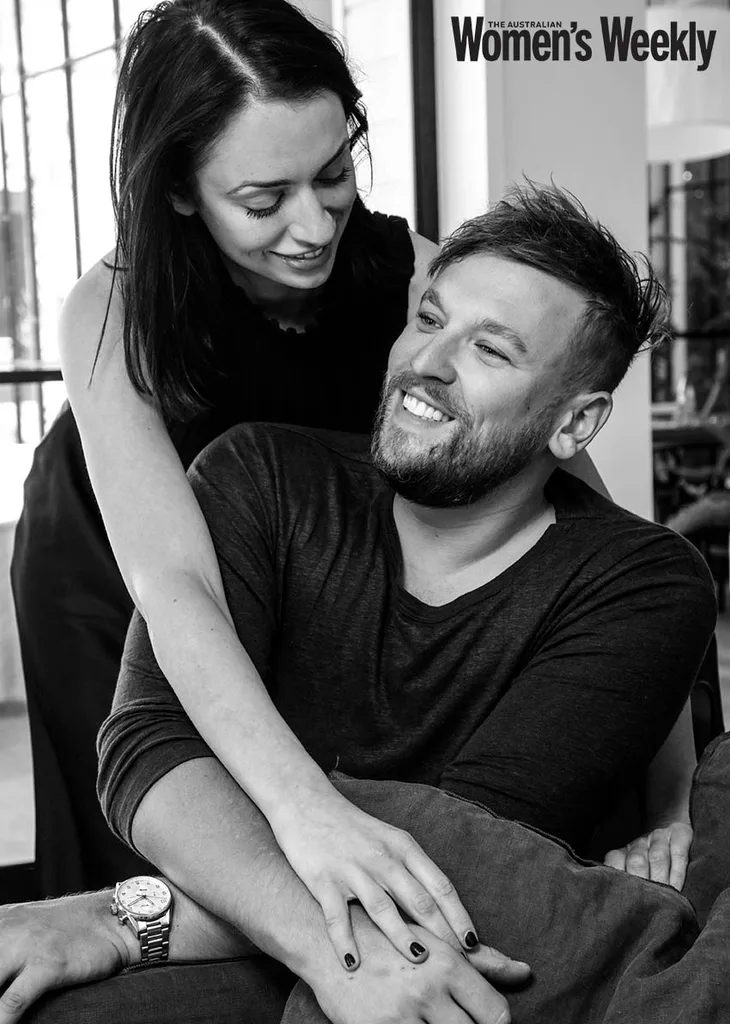
Chantelle and Dylan are very much smitten with each other.
(Credit: Photography by Julian Kingma. Styling by Rebecca Rac)They spent much of the next three years in and out of the Monash Medical Centre where Dylan was regularly hospitalised, at times waging a life or death battle with illness.
“It was a terribly hard time for the whole family, but when you have someone sick in the family, you just have to get on with it, don’t you?” Resie says, shrugging her shoulders, very matter-of-fact.
“What other choice do you have? We had a little baby who needed to be looked after. We had to be educated, we didn’t know anything about this sort of condition and what it might bring.
“Suddenly we had a totally different life, but we took it day by day and that’s how we coped,” she says, adding, “he was a beautiful baby, always smiling and happy when he wasn’t in and out of hospital. Just a gorgeous kid, but it wasn’t easy.”
The new normal
At home, Resie and Martin worked hard to teach Dylan to be as independent as he could be. Both boys had chores to do around the house and if Zack helped do a job for Dylan, such as carrying his schoolbag, Dylan had to do a job for Zack in return.
Resie says that from an early age, Dylan didn’t really know that he was any different to anyone else. At times challenges arose but they always found a unique way of overcoming them.
“Before Dylan got his first wheelchair he’d crawl on his tummy everywhere, following Zack to play with him, and he got very frustrated. We worked out we could sit him in a cardboard box beside Zack and the two of them could play together perfectly,” she recalls. “There’s always a way.”
Despite regular admissions to hospital, Dylan sailed through primary school. However, in the early years of high school, he was bullied and teased about his disability.
It was confronting to a child who had been raised to believe there are no barriers in life and, as he has described in his memoir, Able, the bullying took a toll. Between the ages of 12 and 14, he became depressed, very lonely and spent months virtually locked away in his room.
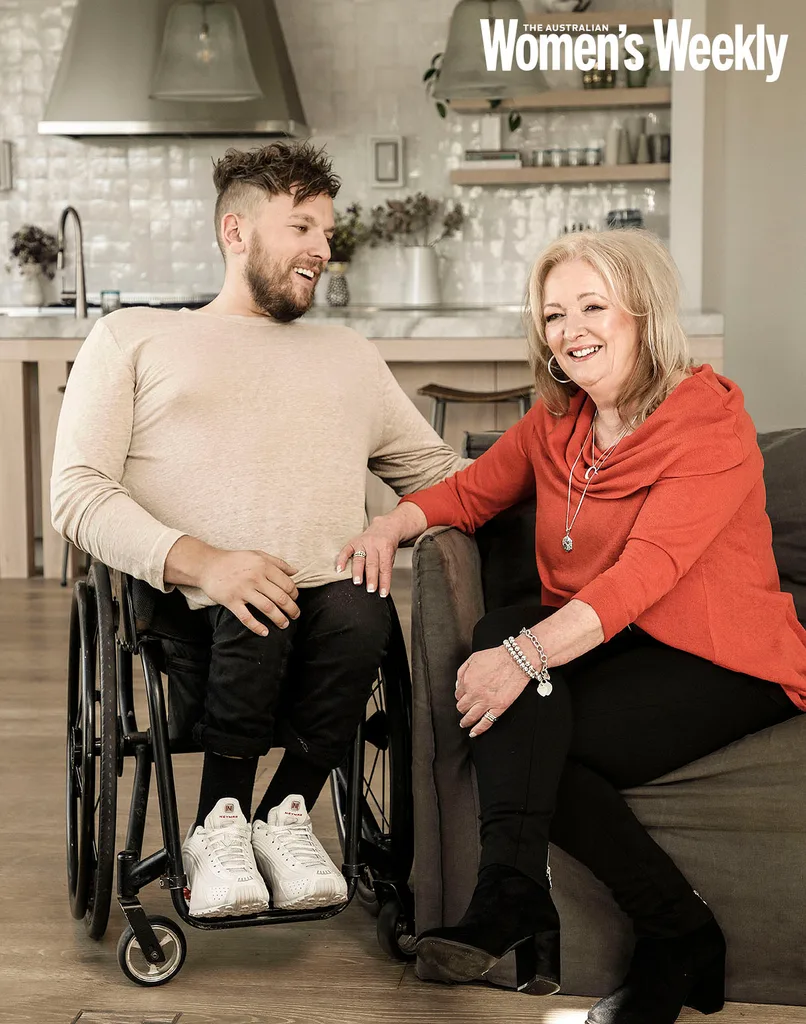
Dylan says his biggest regret is not voicing his feelings to his friends and family.
(Credit: Photography by Julian Kingma. Styling by Rebecca Rac.)“My biggest regret is not telling my parents what was going on,” he says now.
“I internalised things and I know now that the best way to get over things is to tell someone. They can’t help you if they didn’t know.
“I had an epiphany, I looked in the mirror and thought, ‘I want my life back’. I began to confide in Zack and he was great. Once I got over that stage, I threw myself into sport and it changed my life forever.”
At 14, Dylan played his first game of wheelchair basketball, and he never looked back. By 17, he was a key part of the Australian men’s national basketball team, the Rollers, who won a gold medal at the 2008 Summer Paralympics, for which he also received an Order of Australia Medal.
At the time he said, “to be 17 and win gold … well it just doesn’t get any better than that”.
WATCH BELOW: Dylan performs onstage with Wu-Tang Clan. Article continues after video.
Of course, history shows that it did. In 2012 he won a silver medal at the Summer Paralympics in London, then returned to his first sporting love, tennis. He won two gold medals at the 2016 Rio Paralympics and was named Australian Paralympian of the Year, and it’s Resie he credits for helping him get there.
“When Zack wanted to play footy there were five or six clubs all within a few minutes of our place. When I wanted to play tennis or basketball there was one place to do it and that was over an hour away. Mum drove me every night, she never complained. She and Dad drove me everywhere and I am forever in debt to Mum, Dad and Zack for that.
“We were in the car a lot!” Resie smiles, “but we didn’t push Dylan to do anything, Dylan pushed us. Everything Dylan wanted to do was his dream, not ours and if he wanted do something, we supported him to achieve it.
“He always had an edge about him – he’s very competitive,” she adds.
“Even if he was playing Nintendo, no one was going to beat him. He likes to win things. He always threw himself into whatever he was doing and he had a natural sporting ability and a fierce determination. In no matter what he does, he gives everything 100 per cent.”
Paying it forward
Success in the sporting arena enabled Dylan to pursue his other great passion, helping disabled kids build confidence, self-esteem and reach their own potential.
He established the Dylan Alcott Foundation, offering mentoring, grants and scholarships to talented kids with disabilities no matter what their field, and one of his first major projects was creating Ability Fest, a hugely successful all-access music festival, now in its third year. It was through Ability Fest that he experienced one of the most profound and rewarding moments of his life so far.
“A kid called Mark came to Ability Fest; he had muscular dystrophy,” Dylan explains. “Mark was very sick and had been brought into intensive care where my mate, James, was treating him. James noticed he had a festival wristband on and they got chatting. He said: ‘Can you please do me a favour and tell Dylan it was the best day of my life?’ Mark felt included.
“Even though he was pretty sick, we got him to Ability Fest 2 and we had a great time with him. He has since sadly passed away, but knowing he had been able to experience that happiness makes all of the work worthwhile.”
Dylan regularly receives pictures and letters from parents of “wheelie” kids hugging the TV when he plays or cheering him on from home, and there’s always a fan club of wheelchair kids and adults watching on wherever he plays, which he says is “very, very cool!”
“I meet disabled kids all the time and a lot of them are wrapped in cotton wool by their parents. My parents taught me to be proud of myself and not to care about my disability, to be proud of being Dylan. If they were the sort of parents who had wrapped me in cotton wool and said ‘Dylan can’t do this or that’ I would not be the person I am today.”
Dylan is now in full training for next year’s Tokyo Paralympics, pushing his body through gruelling four-hour training sessions every day, some days to the point of feeling like he’s going to vomit, in preparation for defending his gold medal.
And there’s no doubt Resie will be in the front row to cheer him on.
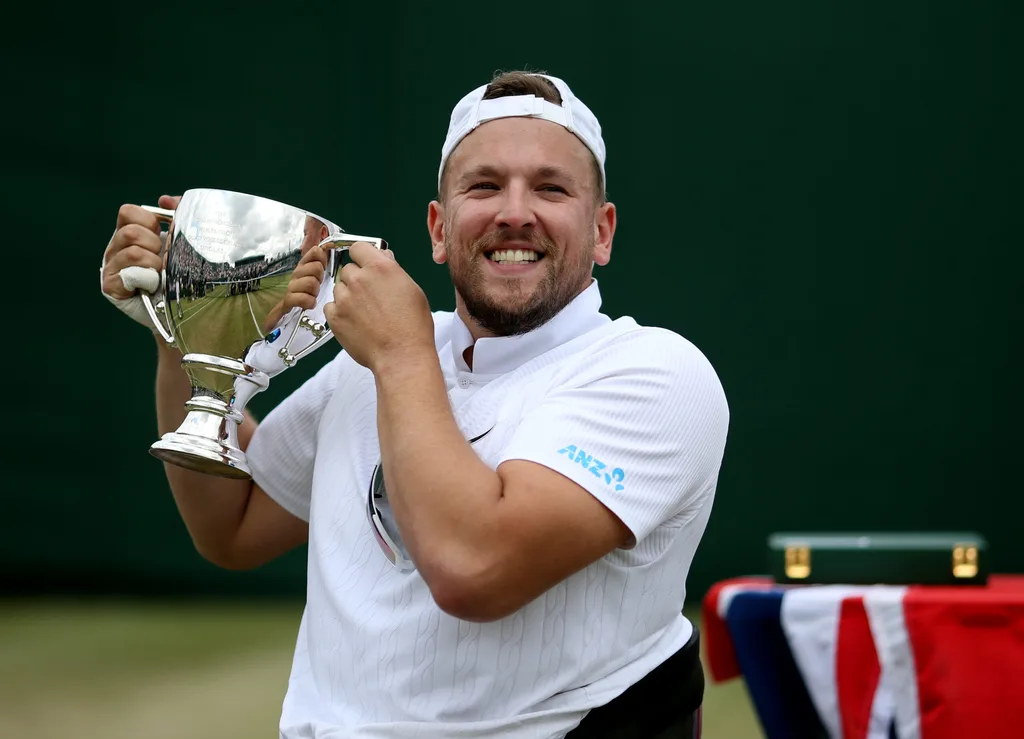
Dylan celebrates his victory in the men’s quads wheelchair singles at Wimbledon 2019.
(Credit: Getty Images)It’s the hand Dylan gently rests on Resie’s back during our photoshoot that says so much – an impromptu moment that every mother waits a lifetime for – that sign that says, the kids are alright.
“It can be very frightening as a parent when you have a disabled child,” she says, “but I’d say to any mother in a similar situation reading this, ‘Don’t panic’. I panicked about his future and I didn’t need too. It was a lot of wasted energy.”
Reflecting on how their relationship has changed in recent years, she says she’s gone from primary carer to friend, “and it’s wonderful. He’ll always be my little boy and I’ll always be there for him, but now I get to enjoy him and Zack without the worry, and they care for me. They take me for breakfast or dinner, it’s lovely. I’m very proud of them both.”
“I’m super-lucky to be who I am,” Dylan adds.
“But I couldn’t have done any of this without Mum, Dad and Zack, and now Chantelle, around me to support and encourage me. People might look at me and feel sorry for me, but don’t feel sorry for me! I’m living a better life than anyone I know. Life is awesome.”
Able by Dylan Alcott is available from book stores, $32.99. To donate, visit dylanalcottfoundation.com.au.
Read more on this story in the November issue of The Australian Women’s Weekly, on sale now.
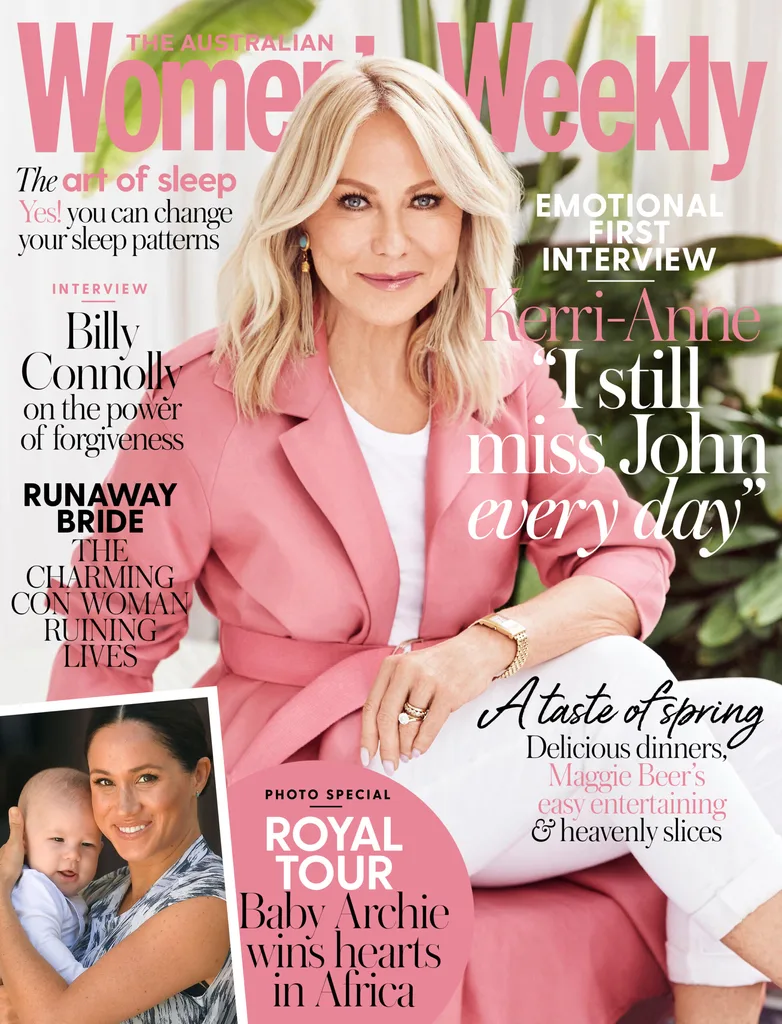
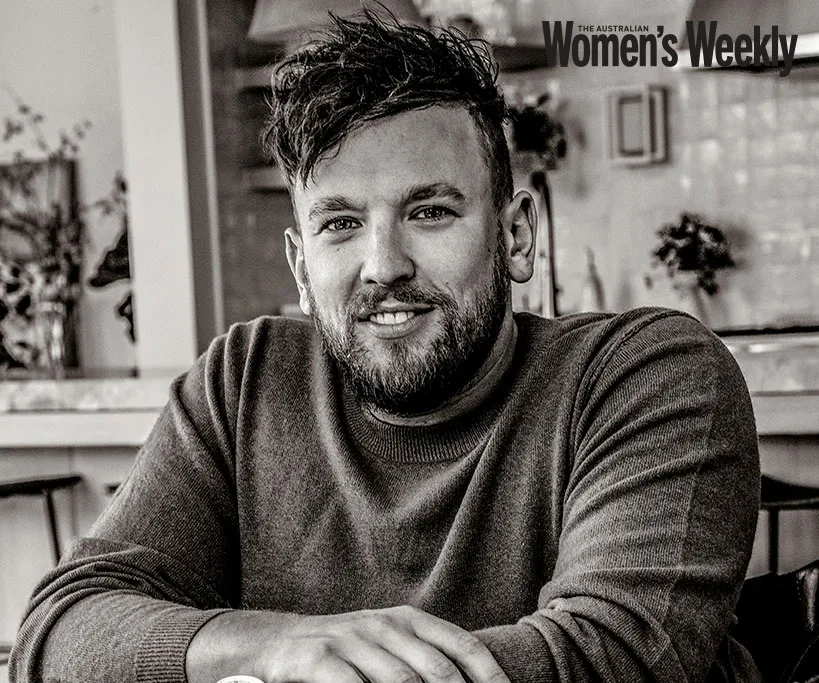
.png?resize=380%2C285)
